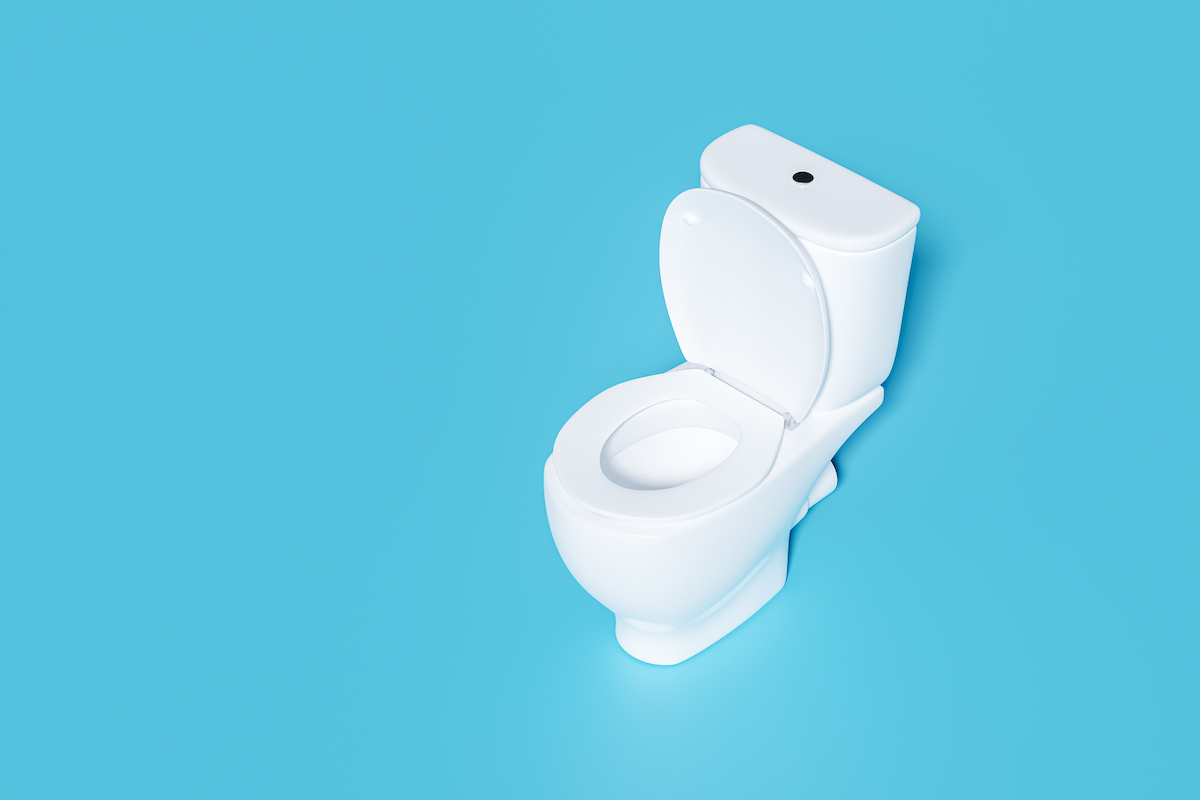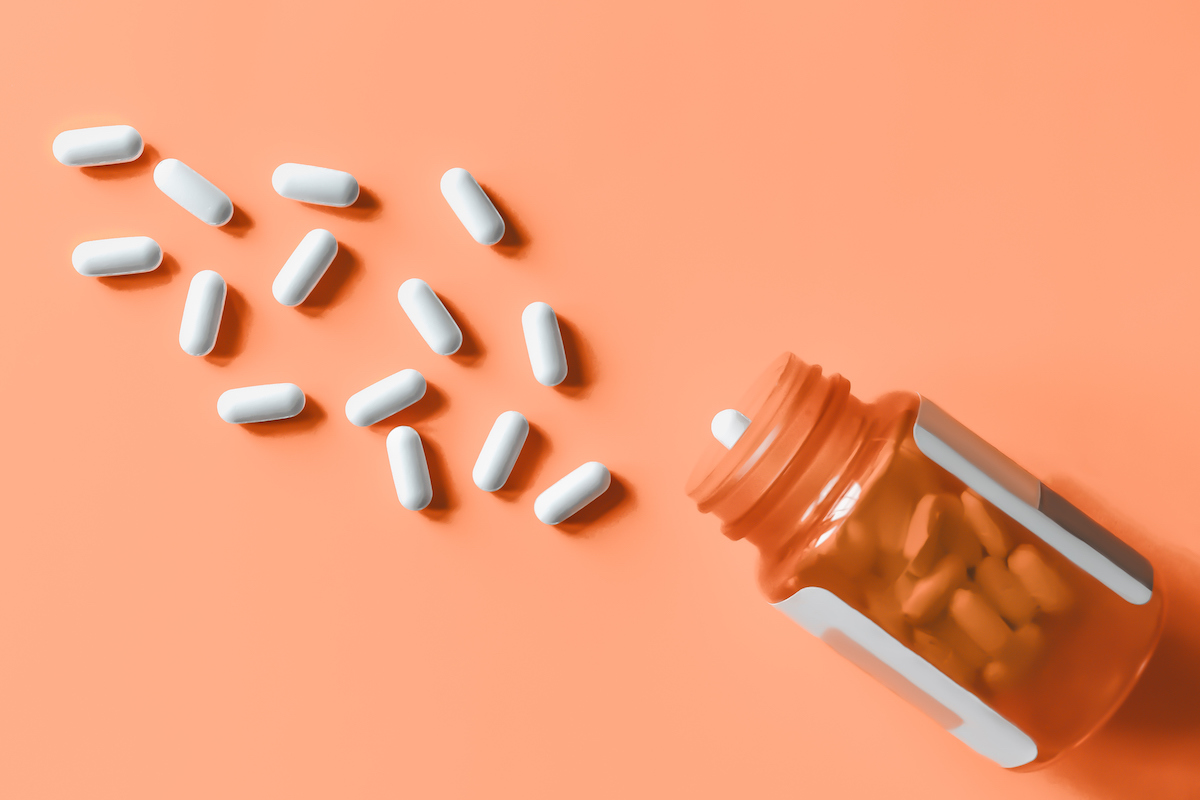I feel like a lot of the pregnancy restrictions are targeted more toward the first trimester because of a higher link to abnormalities. However, many women don’t know they’re pregnant for a good part of that trimester. I have a long cycle and didn’t find out I was pregnant until I was seven weeks. I had a healthy baby, fortunately, but I was definitely taking decongestants (I had Covid the week before I found out I was pregnant), drinking alcohol, etc. during those first seven weeks. How do you make sense of this?
—Anonymous
To answer this, it’s useful to step back and remember how pregnancy dating works.
We count pregnancy based on the first day of the last menstrual period. If you have a typical 28-day menstrual cycle, though, the first two weeks of that period you are definitely not pregnant. Ovulation and possible fertilization occurs (on average) around day 14. There are then two more weeks until your next missed period. At the time of the missed period, you’re dated as “four weeks pregnant.”
A wrinkle on this is that if you have a longer cycle — say, 35 days — your missed period would be five weeks after your last period. So you would be coded as “five weeks pregnant.” However: you would be the same actual amount pregnant as the person with the four-week cycle at the day of their missed period. (A longer cycle reflects taking a longer time before ovulation — say, 21 rather than 14 days — but no difference after ovulation.)
This matters because behaviors like heavy alcohol use during this two-week window before your missed period do not seem to affect the baby, because of the way development occurs during that period. I’ve written more about drinking in this two-week wait period in a longer piece here.
The time immediately after this — from the missed period through the next several weeks — is when fetal development is most vulnerable to heavy alcohol use in particular, and also other chemicals. That is why there is so much emphasis on behavior in the first trimester.
For people who are actively trying to get pregnant, or carefully monitoring their cycle, this advice is reasonable. As you point out, though, many women do not know they are pregnant until somewhat later, for various reasons.
This leads to a complicated question about how to advise people. In 2016, the CDC suggested that all women of childbearing age should avoid alcohol just in case they might be pregnant. This was met with ridicule (including by me), but you can see the puzzle they are trying to solve here. Perhaps the only policy that really makes sense is to make sure people are given the information (and access) they need to control their fertility in whatever way they want.
Community Guidelines
















Log in